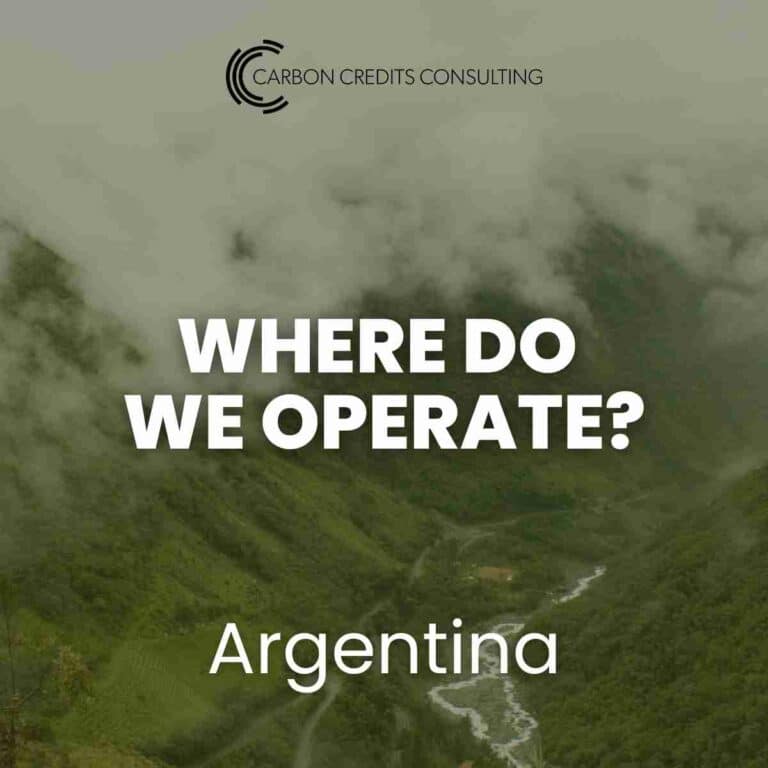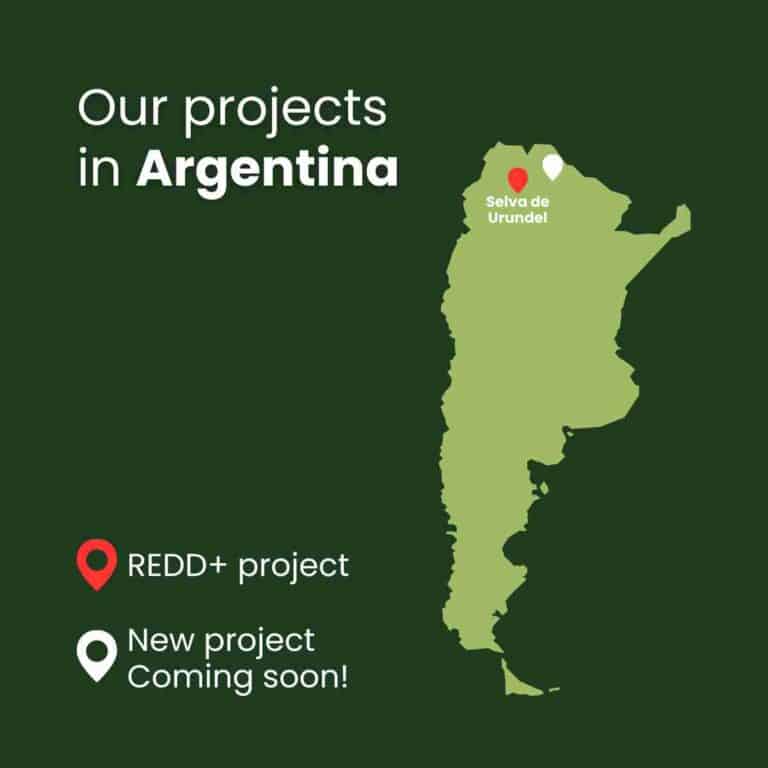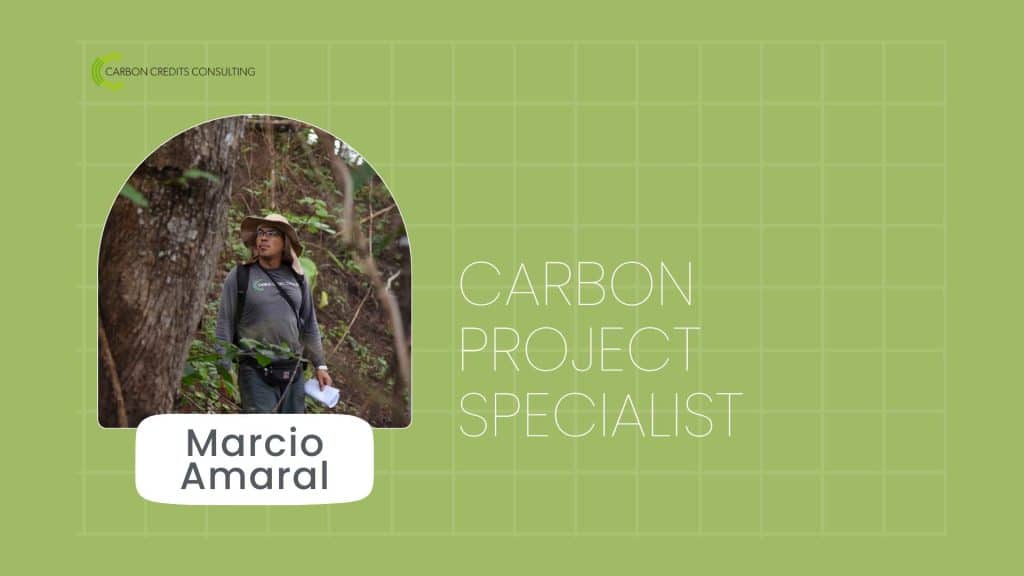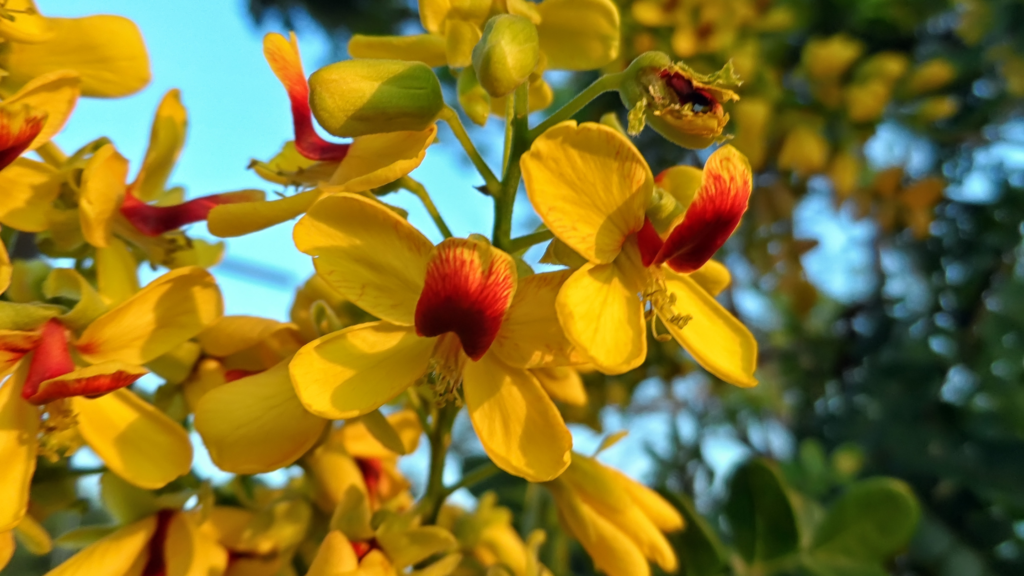Carbon Credits Consulting (CCC) is committed to protecting forests in several territories around the world, including Argentina.





In this article, we will focus on the Selva de Urundel REDD+ project, which aims to protect an area of 46,942 ha of forest in the Yungas Australi region in northern Argentina.
The importance of the Yungas forests
The Yungas eco-region in Argentina is the second most biodiverse environment in the country, characterised by areas of high-altitude subtropical forest (or cloud forest) subject to increasing deforestation. There are several factors contributing to this deforestation, including the expansion of agriculture, illegal logging and fires.
Agricultural expansion is one of the main factors contributing to deforestation in the Yungas. Increased demand for agricultural land and pasture for livestock has led to the conversion of large areas of forest into cropland and pasture. The production of crops such as soya, coffee, tea and sugar cane has had a significant impact on deforestation. Large-scale agriculture, often practised intensively and unsustainably, can cause destruction of natural habitat, soil erosion, loss of biodiversity and water contamination.
Illegal logging is another threat to the forests in this region. Illegally harvested wood is used for the production of furniture, construction timber and charcoal, in many cases fuelling the illegal trade. Logging, if carried out in an unregulated manner, often occurs without complying with local laws on sustainable forest management and can cause irreparable damage to the local ecosystem.
Fires are another important factor in the deforestation of this area. They can be caused either by human activity, such as the practice of burning land for conversion to farmland or pasture, or by natural causes such as lightning. Fires can cause the loss of large areas of forest, destroying habitats and causing the death of many plant and animal species.
It is a forest that also plays a crucial role in the regulation of climate, as due to its characteristic of being a ‘cloud forest’, it holds the role of regulating important water flows of the rivers that cross the American continent.
This area is therefore characterised by extraordinary biodiversity, with many unique plant and animal species that depend on the forest habitat for their survival. In addition, many local communities also depend directly on the forests for their livelihoods, through activities such as subsistence farming, berry picking and hunting.
Deforestation can threaten their food security and culture.
How Carbon Credits Consulting contributes to forest protection in Argentina
Carbon Credits Consulting plays an important role in forest protection in Argentina through the Selva de Urundel REDD+ project, the first in Argentina worldwide. This project preserves an area of approximately 46,942 hectares of native forest, specifically within the Selva Pedemontana and Selva montana del Yungas areas, helping to combat deforestation and promote forest conservation and biodiversity.
To tackle deforestation in the project region, forest conservation measures that promote sustainable management of natural resources and protection of forest habitats are required. These measures include:
- Protection of forests: Strengthening the enforcement of existing forest protection laws and combating illegal logging. This includes increased forest surveillance patrols, the use of satellite monitoring technologies to identify and prevent illegal logging and fires.
- Promotion of sustainable forest management practices: Development and promotion of sustainable forest management practices, such as the adoption of selective logging methods instead of indiscriminate logging and the promotion of sustainable forest restoration practices. This helps to ensure responsible management of forest resources while maintaining the natural habitat and conserving biodiversity.
- Promotion of sustainable alternatives to agriculture and livestock farming: Development and promotion of sustainable alternatives to agriculture and livestock farming, such as organic farming, agroforestry and the use of sustainable grazing practices. This reduces pressure on deforestation for the expansion of agricultural land and pastures, while reducing the negative impact on forests.
- Involvement of local communities: Active involvement of local communities in the management of forest resources and the development of forest conservation policies. Local communities that depend on forests for their livelihoods play a key role in ensuring long-term forest conservation. This includes adopting natural resource management practices that take into account local traditions and knowledge, as well as providing incentives to encourage the active participation of communities in forest conservation.
- Education and awareness-raising: Conducting education and awareness-raising campaigns to increase awareness of the benefits of forests, both locally and globally, and emphasise the importance of forest conservation for biodiversity, climate and the wellbeing of local communities.
- Monitoring and evaluation of conservation projects: Rigorous monitoring and evaluation of forest conservation projects to ensure their positive impact on the environment and local communities. This includes collecting data on the state of forests, biodiversity, natural resource use and the socio-economic impact of projects. In addition, CCC works in collaboration with local authorities, international organisations, research institutes and other stakeholders to evaluate the effectiveness of forest conservation projects and identify possible areas for improvement.
A valuable biological corridor
The Selva de Urundel REDD+ project is a key initial step in the creation of a highly important biological corridor between Calilegua National Park and Baritu National Park in the Yungas forests. This biological corridor is essential to ensure the survival of numerous threatened species, including the Jaguar, Puma, Tapir, Giant anteater and many other bird, reptile and amphibian species.
The preservation of these biological corridors allows species to move between different protected areas, enabling genetic exchange and migration, thus contributing to the conservation of wildlife populations. In addition, these biological corridors play a key role in maintaining ecological connectivity between different forest areas, allowing species to move in search of food, reproduction and new habitats, thus reducing the risks of land fragmentation and isolation of populations.
New projects on the way
Carbon Credits Consulting is involved in the protection of the Yungas forests in Argentina through the Selva de Urundel REDD+ project, but it does not stop there. A new project is being developed that will protect further areas of the second largest forest after the Amazon on the American continent: the Gran Chaco
The Gran Chaco is a vast area stretching from Bolivia to Brazil to Paraguay and is divided into four categories, three of which are also found in Argentina: dry, semi-arid and humid. The protection of these forests is of paramount importance to prevent further biodiversity loss and the emission of greenhouse gases, in particular carbon dioxide (CO2), into the atmosphere.
The implementation of new REDD+ projects in the Gran Chaco region is therefore an important step forward in the fight against climate change.
If you are interested in contributing to the fight against climate change and forest conservation, please visit the projects page on our website here.
You will learn more about our efforts to protect these precious forest areas and how you can contribute to this important cause. Join us in our efforts to preserve the biodiversity and ecological services provided by these unique forests.









